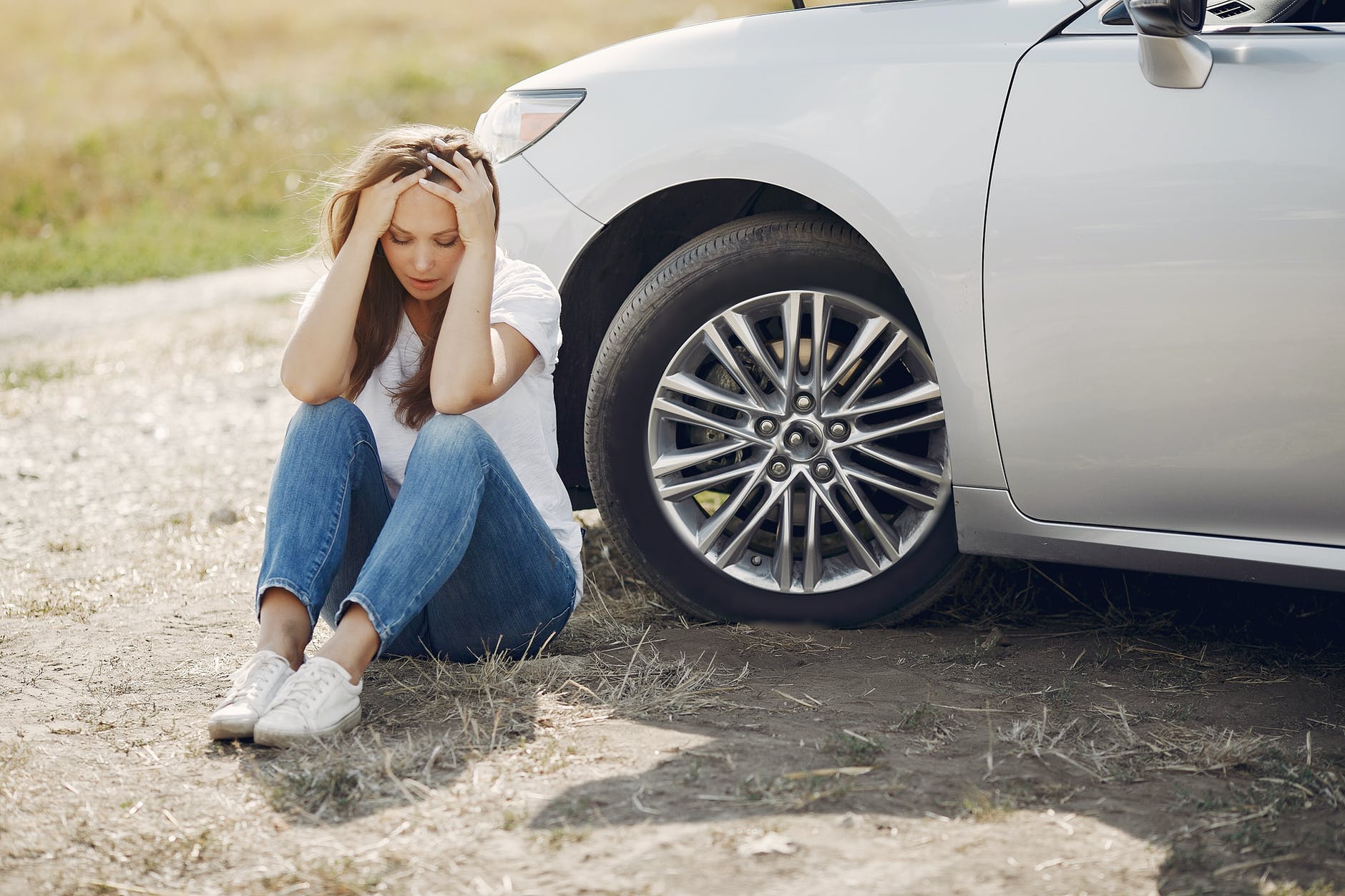- Free Initial Consultation: (954) 761-3641 Tap Here To Call Us
Fort Lauderdale Car Accident Lawyers on Handling Crashes With Uninsured Drivers

With more than 15 million licensed drivers and even more annual visitors, Florida roads are never wanting in traffic. The problem is not all those drivers are insured. In fact, Florida is No. 1 for uninsured motorists in the country for driving uninsured. More than 27 percent lacking the proper coverage, according to the Insurance Information Institute.
There are many theories about why this is, but the bottom line for us as Fort Lauderdale injury lawyers is that many accidents involve an uninsured driver. This poses some definite challenges in terms of how we approach an injury case.
You can still often recover damages if you’re injured in a crash with a driver who isn’t insured, but it will depend on your own coverage, the personal finances of the at-fault driver, who owns the vehicle that was driven and whether any third-parties were at-fault.
Car Insurance Laws in Florida
Florida requires residents to carry a minimum level of insurance if they want to be road-legal. This includes $10,000 in personal injury protection (PIP) and $10,000 in property damage liability coverage. You must have this before you can even register your car, and it must be maintained, whether you drive it regularly are not. Failure to show proof of insurance upon request by a law enforcement officer can result in a three-year license suspension, with a $500 reinstatement fee.
PIP coverage is part of the state’s no-fault insurance law. This coverage is intended to provide up to $10,000 for the policyholder and his/her passengers – regardless of who was at fault. This $10,000 covers a portion of medical expenses and lost wages. But $10,000 only goes so far in a serious crash. Florida does not require bodily injury liability coverage, but those who don’t have it are personally responsible to cover at least $20,000 in damages. Without insurance, that’s quite difficult.
If you have health insurance, it’s probable a good portion of your medical bills will be covered – regardless of the other driver’s insurance status.
If your injuries are serious, you can step outside of the no-fault system and pursue a bodily injury claim.
Options for Those Involved in Crashes With Uninsured Drivers
Motorists who are seriously injured in a crash caused by an uninsured driver always have the option of suing that driver personally. It’s wise to talk to a personal injury lawyer first to determine whether this is a measure worth pursuing. A negligent driver lacking adequate personal assets may make any lawsuit a wash – or even a loss. But we can look into a negotiated payment schedule that could be enforced by the court. Other options for collecting a personal injury debt may include:
- Garnishing the defendant’s wages or bank accounts.
- Imposing a lien on their non-homestead real estate.
- Seizing personal property.
His/her driver’s license could also be suspended until the debt is paid.
But if this is not an option or does not come close to covering the full extent of your losses, you have some options.
First, we need to make sure that there are no other liable defendants. Other drivers, vehicle parts manufacturers and others may be liable to provide coverage if they were in any way negligent in causing the crash or exacerbating your injuries.
We’ll also look carefully at who owns the car. Florida considers motor vehicles to be dangerous instrumentalities. If someone permits another to drive their vehicle, the owner can be held legally responsible for the negligence of the driver.
Finally, we’ll look at your own uninsured/underinsured motorist (UM/UIM) policy. These aren’t required in Florida, but they come standard with most insurance policies. Once you establish that the other driver was at-fault and that he/she does not have the means to cover the full extent of your injuries, you can seek payment from your UM/UIM insurer.
If you have questions about how to collect damages from the at-fault driver in your South Florida crash, our Fort Lauderdale car accident lawyers can help.
Call Fort Lauderdale Injury Attorney Richard Ansara at (954) 761-4011. Serving Broward, Miami-Dade and Palm Beach counties.
Additional Resources:
Driving without insurance in Florida, February 2021, Bankrate.com













